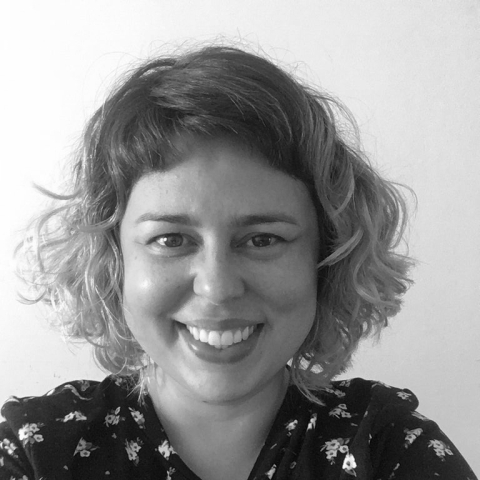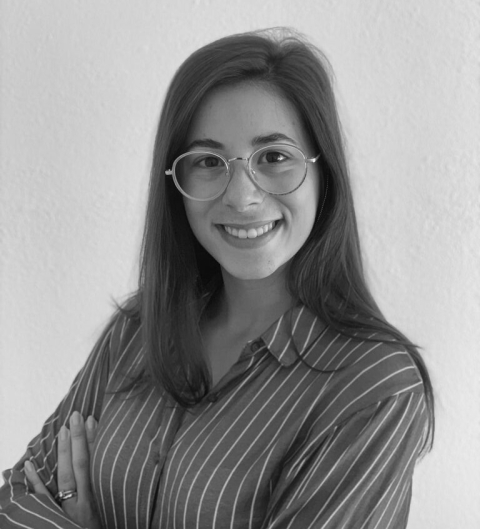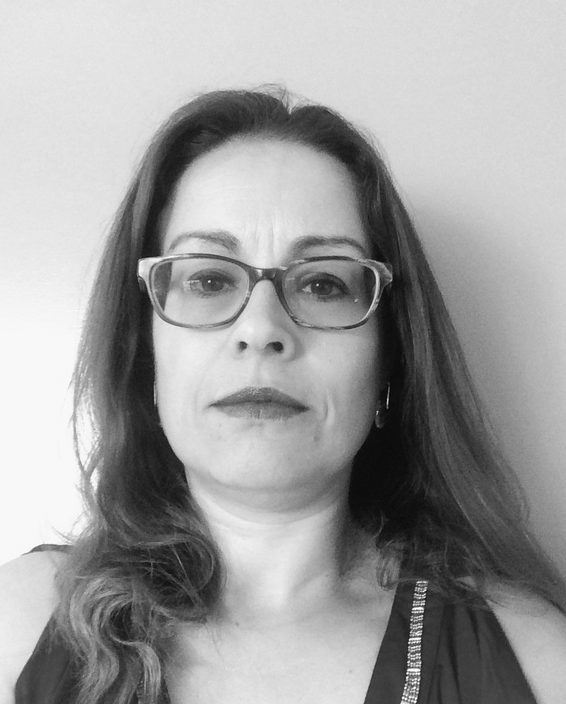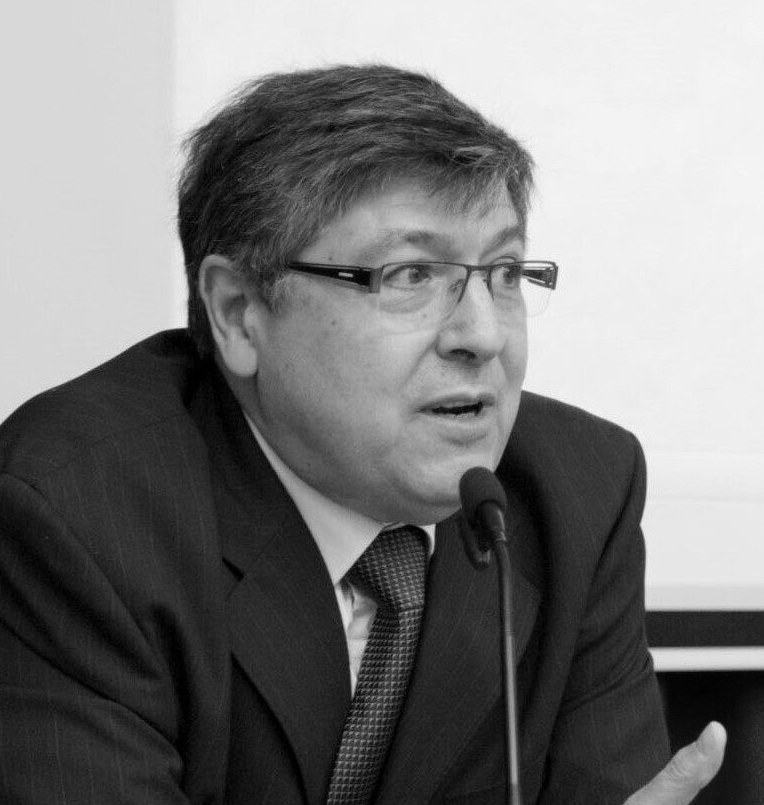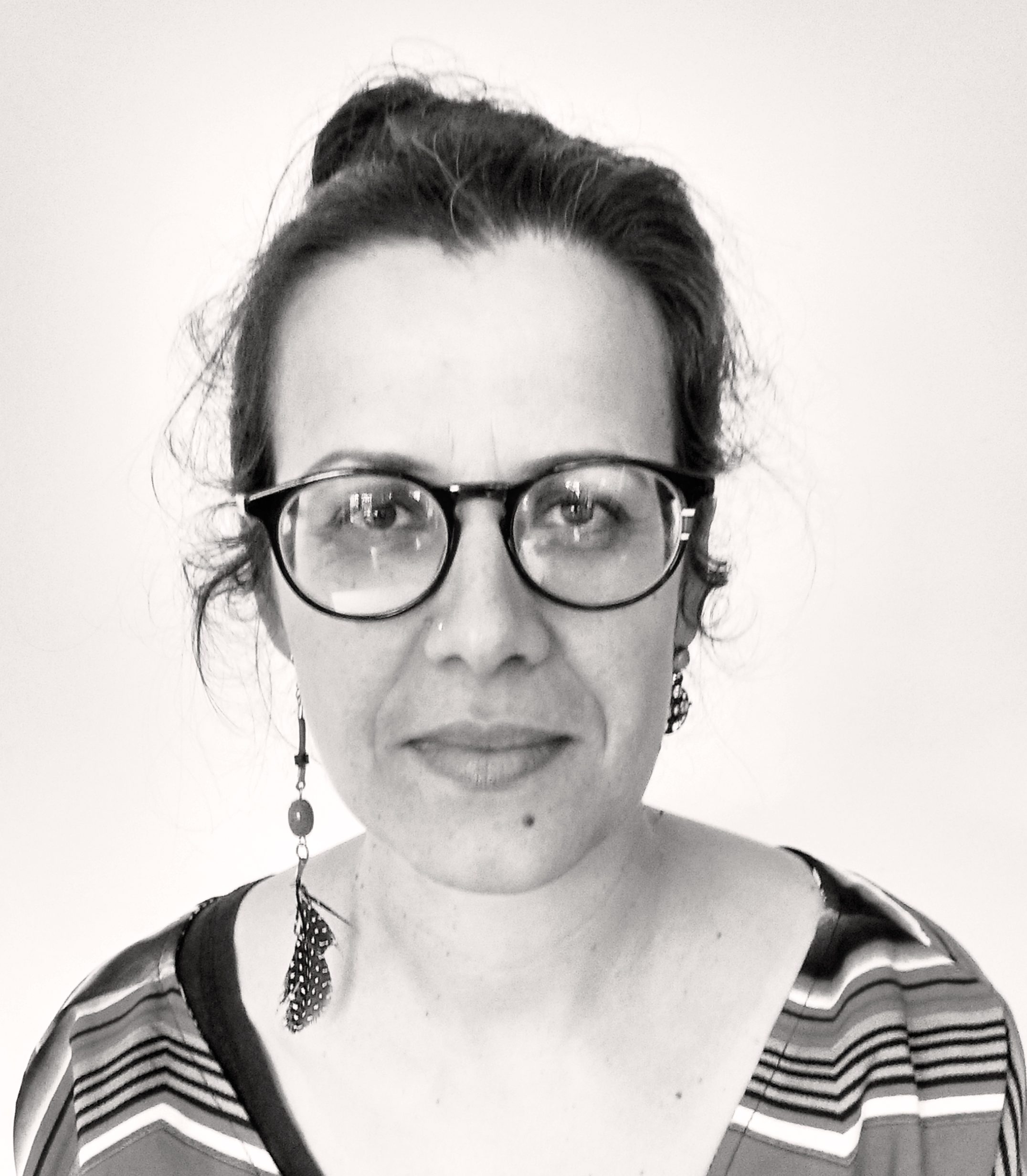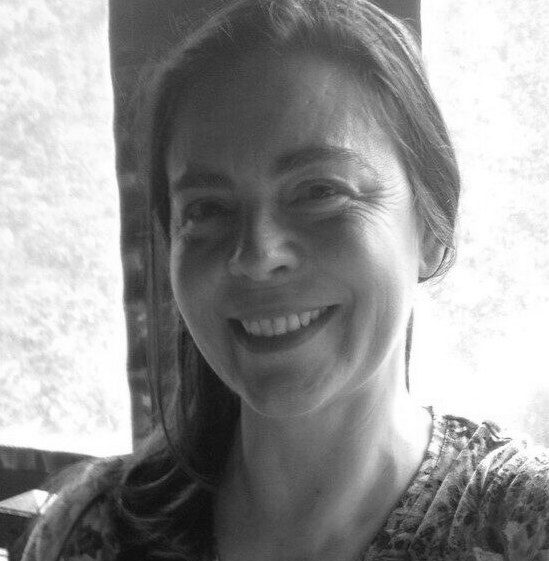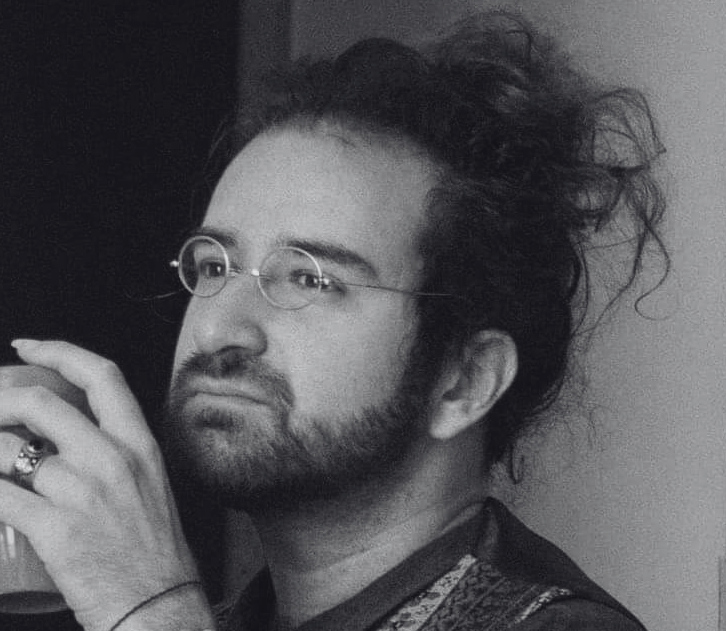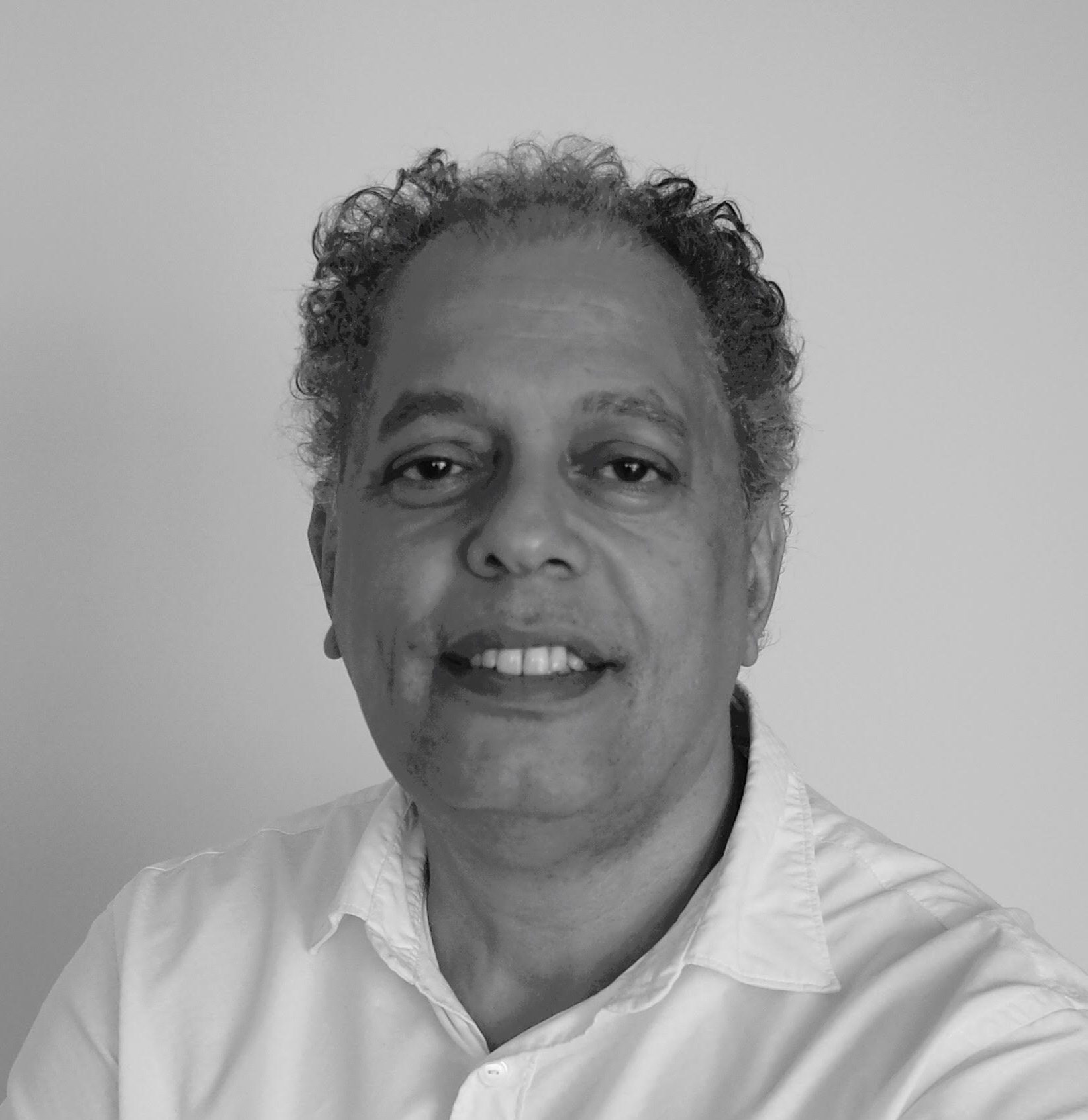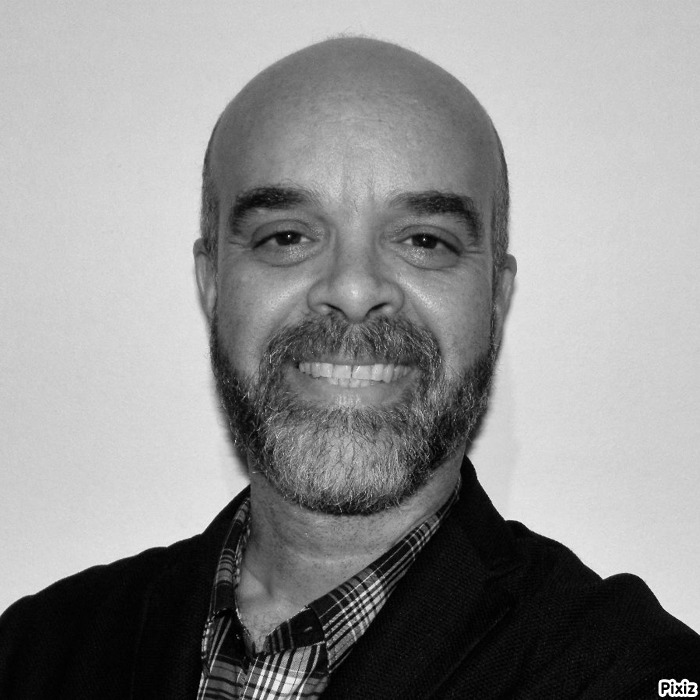Cristina Carneiro de Menezes is a PhD student in Gender Studies with the doctoral thesis project entitled Escrita sócio-memorialística feminista: o impacto e os sentidos da narrativa de Annie Ernaux no Brasil e em Portugal. She holds a master’s degree in Women’s Studies by Universidade Nova de Lisboa, in 2020, with the dissertation en-tited Escrita feminina e narrativa na construção da subjetividade e da identidade da personagem Lenù na tetralogia napolitana de Elena Ferrante. Also has a career as journalist since 2005.
